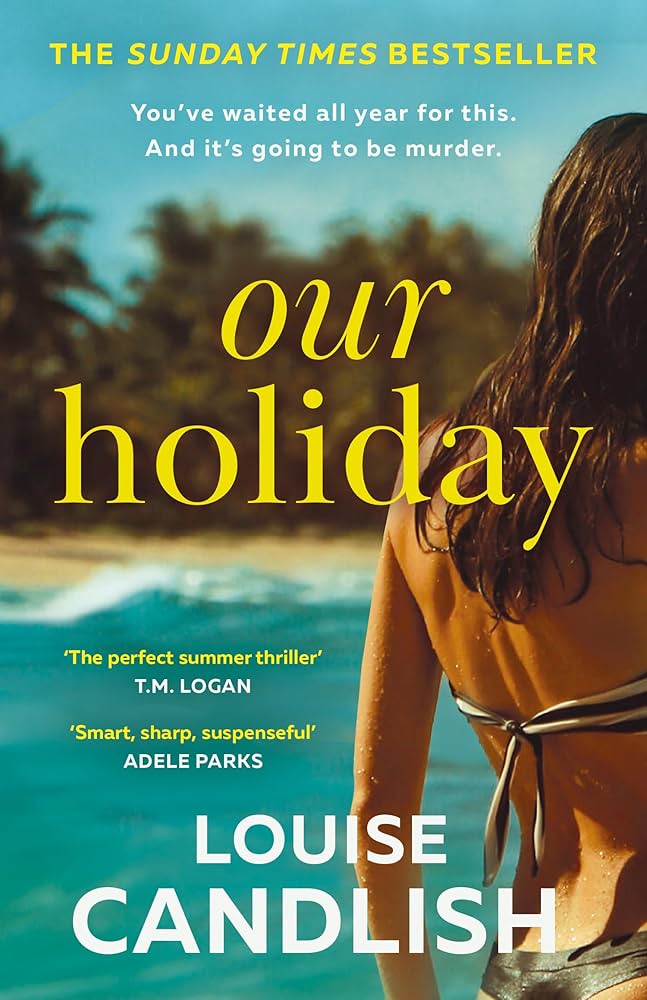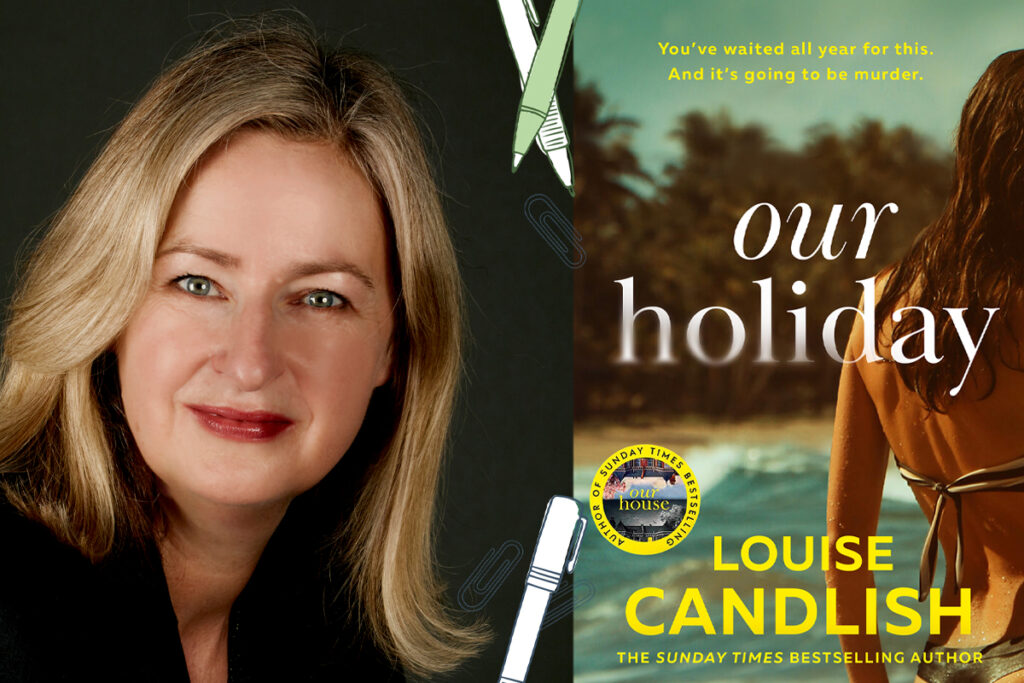There’s just something about psychological thrillers.
The pace, plot, characterisation and suspense… it’s an artful chemistry that is far from easy to get right. Look at the person sitting next to you on the bus, train or plane, and nine times out of ten they’re reading a crime thriller. Why? Because we’re addicted to the tension. Internationally bestselling author Louise Candlish shares the five things she’s learnt from writing unputdownable psychological thrillers.
Genres and labels can be red herrings.
Crime fiction, for instance, is a broad church in which gruesome crime scene investigation, legal procedure, and wry social commentary co-exist quite happily. My advice is to try not to worry too much about labels. If your writing doesn’t quite fit, no matter, there’ll be a way to shoehorn it onto that shelf. Never knowingly chase a trend is my motto.
Get the voice right and the rest will follow.
Every author has the one element they know they need to crack before they feel they’re on their way and mine is voice. This is easier to nail when writing in the first person, but just as crucial with a third-person narrator. You’re still taking up lodgings in their head, sliding under their skin. I don’t think of myself as a puppet master, more a telepathist.
Keep up with current affairs.
I know politics can make you lose the will to live, but I have had some of my best ideas after reading the papers, especially crime reports. Not the serial killer kind, but the smaller daily crimes, the frauds and feuds that can derail an ‘ordinary’ person’s life. Read beyond your own nation’s publications too if you have time.
Know the limits of your attention span.
By which I mean figure out the optimum time you like to spend on a project. For me it’s about a year. Any longer and I get restless and stale (not a useful combination). Recognise when you have new characters queuing up for their session and try to get the previous lot out of their seats in time. I envy those scholarly, literary writers who produce a single masterpiece every decade, but that’s not me and that’s fine.
Only compare constructively.
They say comparison is the thief of joy and that can be true if what you want from your career feels out of reach no matter how hard you grind and yet appears to have been casually acquired by rivals. I’ve learned to turn envy into inspiration. I focus on being inspired by other people’s writing, by their flights of fancy, their courage with themes and character, rather than how much better they are than me at Being an Author.

A big thank you to Louise Candlish for sharing her insight. Our Holiday is available from all good bookshops. For more writing tips and tricks head over to the Writers Toolkit!








